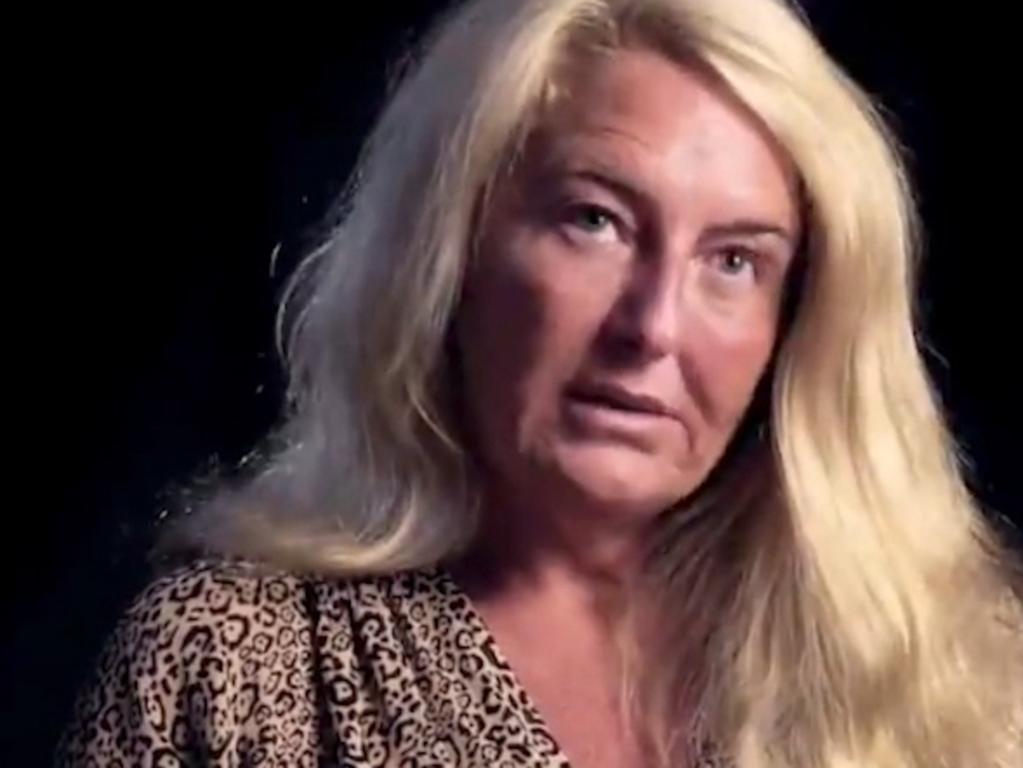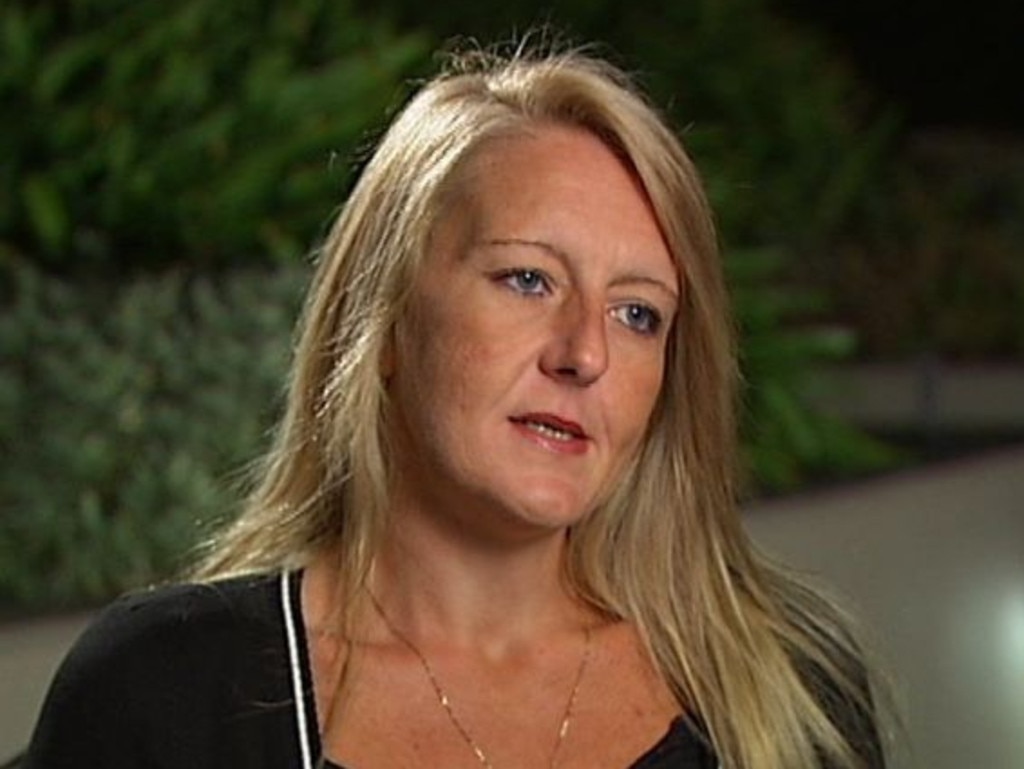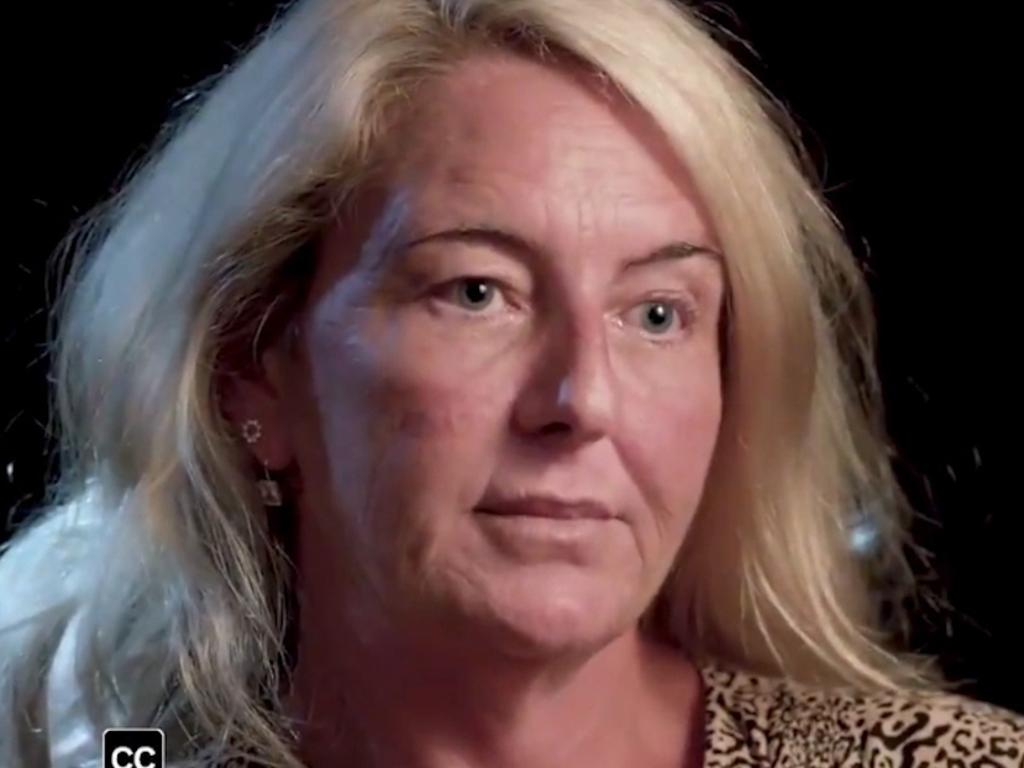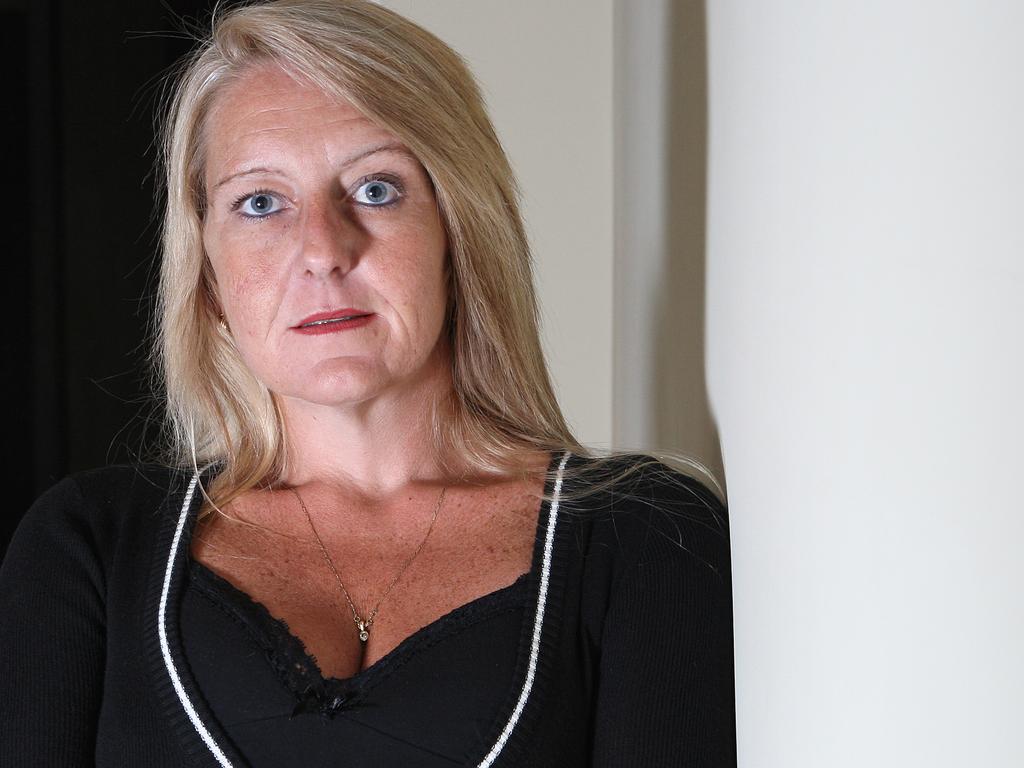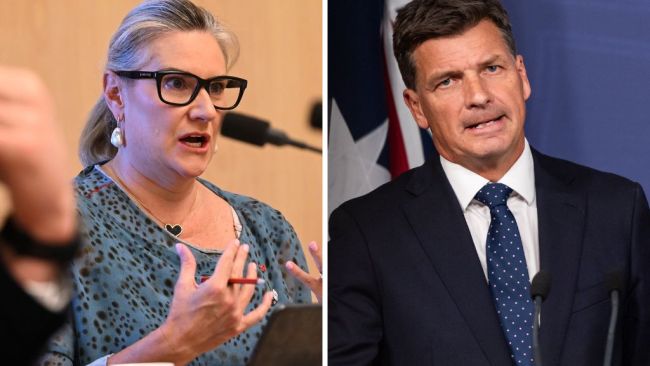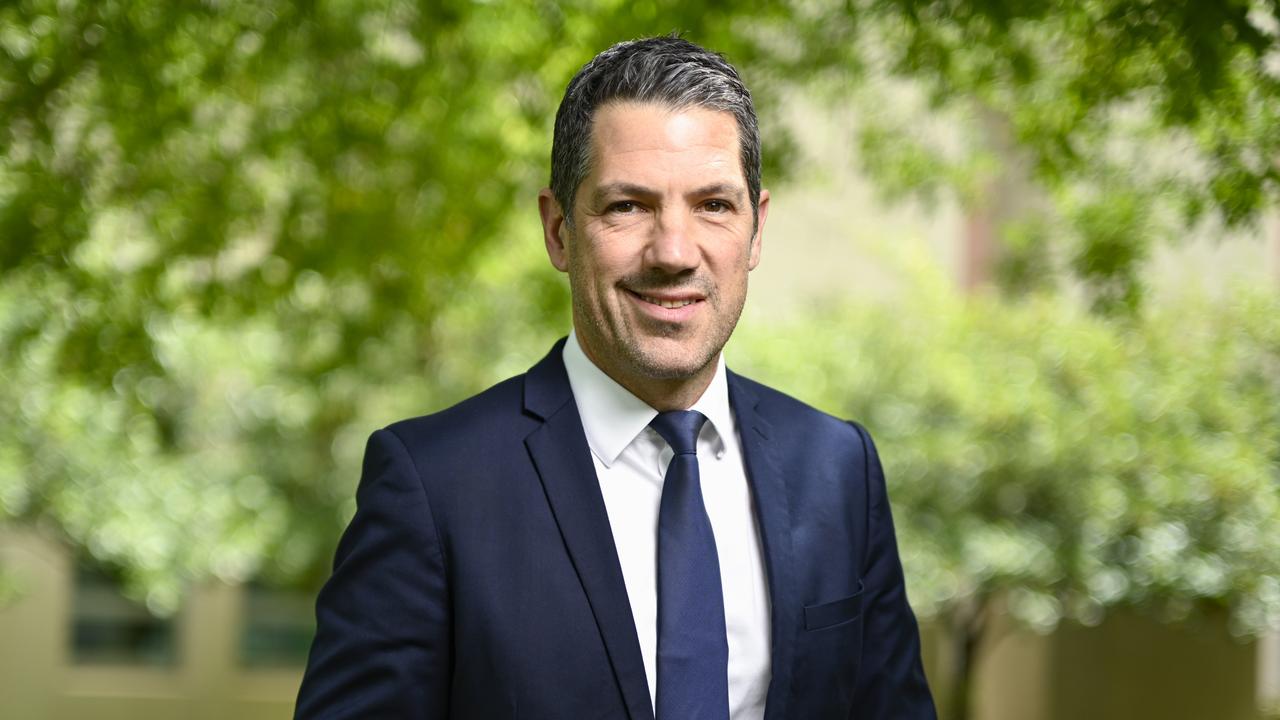Lawyer X inquiry: Gangland lawyer turned snitch Nicola Gobbo’s final day of evidence at royal commission
Nicola Gobbo admits she’s been adept at not telling the truth, but says she gave up her practice of lying in about 2011 or 2012.
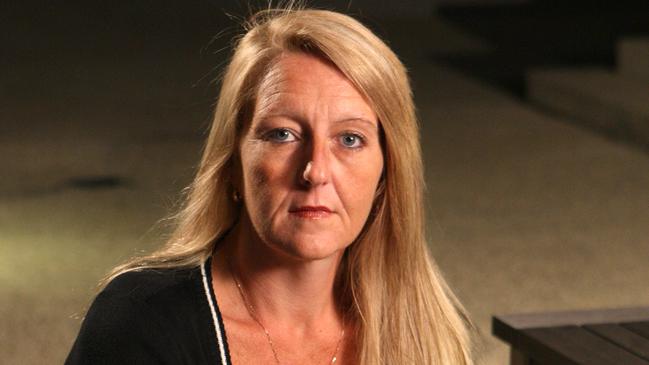
- Gobbo ‘a spectacularly good liar’
- Police said I didn’t need indemnity: Gobbo
- Gangland murder alibi suggestion ‘rubbish’: Gobbo
- Gobbo’s informing ‘a running joke’
Welcome to our live blog of the Royal Commission into the Management of Police Informants, where Lawyer X Nicola Gobbo gives evidence for the fourth day. Questioning so far has seen Ms Gobbo reveal she showed ‘a complete lack of ethics’ as the former gangland lawyer lived a double life as a police snitch.
Tessa Akerman 3.30pm: Gobbo done
Questioning of Ms Gobbo has wrapped for the day. She will be questioned again on Tuesday.
Tessa Akerman 3.05pm: Gobbo accepts she’s ‘a spectacularly good liar’
Lead counsel Chris Winneke QC has finished questioning Ms Gobbo and lawyers for former chief commissioner Simon Overland have jumped in.
Jeff Gleeson QC asked Ms Gobbo whether she accepted that she is a “spectacularly good liar”?
“Ah, yes,” Ms Gobbo said.
Upon further questioning Ms Gobbo said she gave up her “practice of being a spectacularly good liar” in about 2011 or 2012.
In conversations with the commission last year Ms Gobbo described Mr Overland as “evil, corrupt and dishonest.”
On Friday the commission heard Ms Gobbo had never met Mr Overland or spoken to him.
Ms Gobbo said her assessment was in part based on what other officers had told her and also what she had read of him.
She agreed some of the officers were the same ones who had lied to her and manipulated her.
Tessa Akerman 1.25pm: Lunch recap
We’ve broken for lunch.
In a quick recap Ms Gobbo has been asked this morning about being set up as an alibi for two men over the public execution of Jason Moran.
“That’s absolute rubbish,” Ms Gobbo said.
The former lawyer to Melbourne’s gangland heavies turned supergrass leaned about Moran’s murder, alongside his bodyguard Pasquale Barbaro at a children’s football clinic, in a phone call from an associate of Williams.
The men, both later convicted over their involvement, spoke to Ms Gobbo on the phone claiming they were receiving weight loss advice at a clinic at the time of the shooting.
‘Knew she’d been set up’
The Royal Commission into the Management of Police Informants on Friday heard one man, who cannot be named, had made a statement claiming Ms Gobbo put the timing of the call together with the timing of the shooting and “knew she’d been set up as an alibi”.
But she said the man’s claims were “just rubbish” and his suggestion she told him that he would be charged once another man accused over the murder finalised a deal with police was a lie.
We also looked at her involvement with Carl Williams and whether she broke into his barrister’s chambers to view documents including his statement and phone records.
Ms Gobbo said Williams’ barrister Sharon Cure showed her the documents “in a secret squirrel way”.
‘Are you making this up?’
“Do I have a memory of breaking into her rooms and looking into everything to find some document? No I don’t,” she said.
Mr Winneke questioned why she hadn’t included Ms Cure showing her documents in her statement.
“Are you making this up, Ms Gobbo?” Mr Winneke said.
Moving onto another notorious gangland figure Ms Gobbo talked about representing Tony Mokbel and his wife following his arrest.
Mr Winneke suggested Ms Gobbo wanted a plea deal to avoid a contested hearing and the increased risk of Mokbel finding out about Ms Gobbo’s other clients.
“I was in enormous conflict for a multitude of reasons,” Ms Gobbo said.
Mr Winneke went on to ask whether police told her not to act for clients who she had provided information about.
Ms Gobbo said it wasn’t said directly.
“We would prefer that you didn’t or Purana would prefer that you didn’t,” she told the commission was her interaction with police.
“They would say it would be better if you didn’t do A, B and C.”
Ms Gobbo said following Mokbel’s extradition in 2012 a police officer had her practice a spiel of “what exactly I was going to say” to avoid speaking to Mokbel again.
Tessa Akerman 1.20pm: Police said I didn’t need indemnity: Gobbo
Just before lunch Ms Gobbo was questioned about the legality of her actions.
“They were the police and anything I was doing that was wrong, they would stop,” she said.
Mr Winneke has clarified that Ms Gobbo had “no indemnity” for her actions.
“From Victoria Police no,” Ms Gobbo said.
“They said I didn’t need one.”
Mr Winneke went on to question Ms Gobbo about taking payment from clients she was informing on.
“You knew that you weren’t entitled to the money,” he said.
“No I don’t agree with that,” Ms Gobbo replied.
She said that although it was wrong to breach clients’ confidences she still represented them in hearings.
“Did I do what I said I was going to do? Yes,” she said.
Tessa Akerman 1pm: Tony Mokbel arrest and an ‘enormous conflict’
Ms Gobbo has recalled having “a very uncomfortable conference” with two police officers in her chambers following Tony Mokbel’s arrest.
The commission heard Mokbel was seeking a deal which would protect his wife from prosecution and Ms Gobbo was acting for both wife and husband.
Mr Winneke suggested Ms Gobbo wanted a plea deal to avoid a contested hearing and the increased risk of Mokbel finding out about Ms Gobbo’s other clients.
“I was in enormous conflict for a multitude of reasons,” Ms Gobbo said.
“It was kind of farcical sitting there having a conversation with them.”
Mr Winneke went on to ask whether police told her not to act for clients who she had provided information about.
Ms Gobbo said it wasn’t said directly.
“We would prefer that you didn’t or Purana would prefer that you didn’t,” she told the commission was her interaction with police.
“They would say it would be better if you didn’t do A, B and C.”
Ms Gobbo said following Mokbel’s extradition in 2012 a police officer had her practice a spiel of “what exactly I was going to say” to avoid speaking to Mokbel again.
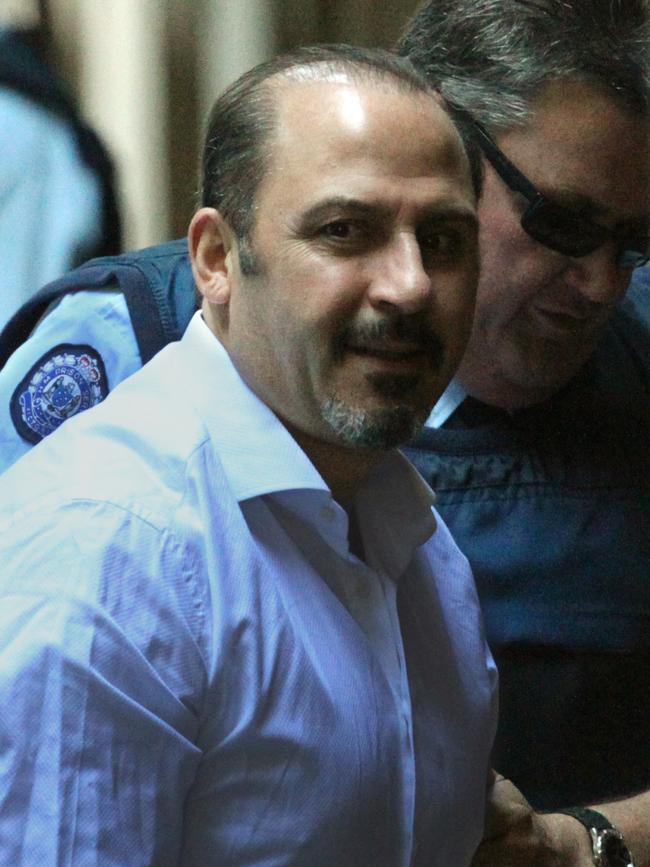
Tessa Akerman 12.55pm: ’I was petrified of being found out’
Ms Gobbo has rejected a claim that she assisted a gangland figure by representing his underlings so they didn’t rat him out.
“[You were] representing them and ensuring that they did the right thing by me,” the man said in a statement.
“What I did do was quite the opposite and I was petrified of being found out,” Ms Gobbo said.
Tessa Akerman 12.05pm: Gobbo ‘doesn’t recall’ breaking into lawyer’s office
Ms Gobbo has told the commission she can’t recall breaking into Carl Williams’ defence lawyer’s rooms to view his statement to police.
Ms Gobbo said Williams’ barrister Sharon Cure showed her the documents “in a secret squirrel way”.
“You’re all over it, your name is all over it,” Ms Gobbo said Ms Cure told her.
Ms Gobbo said she didn’t recall being in Ms Cure’s rooms without her.
“Do I have a memory of breaking into her rooms and looking into everything to find some document? No I don’t,” she said.
“Are you making this up Ms Gobbo?” Mr Winneke asked.
“No,” she replied.
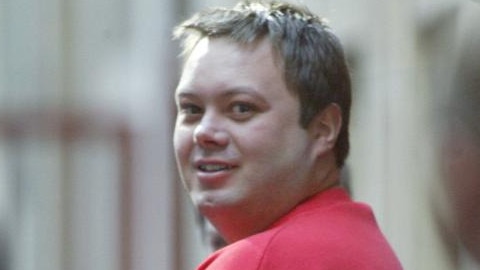
Tessa Akerman 11.12am: Prison ‘welfare’ visits to clients
Ms Gobbo has justified her visiting of two clients in prison and her paying money into one’s prison account.
“It wasn’t a case necessarily to make sure they were happy with me,” she said.
“These people had no one else to talk to … they were ostracised from their drug world of people.”
Mr Winneke said prison records showed she visited both men on an almost monthly basis for about a year.
“Would you describe those as almost regular welfare visits?” Mr Winneke asked.
“Yep,” Ms Gobbo replied.
Ms Gobbo said there was considerable discussion with her handlers about keeping the two men happy but also putting some distance between her and them.
She said the men required support and she complained “pretty strongly” about it to the police.
Tessa Akerman 10.50am: Suggestion Gobbo used as alibi ‘just rubbish’
Ms Gobbo has been questioned about a claim by the client that she knew he and Carl Williams were attempting to create an alibi to cover the time Jason Moran was murdered.
In Mr Thomas’ statement he said he was “in shock” following the news of Moran’s death because he thought it was going to happen later.
However Mr Winneke said the client claimed he was made aware that Ms Gobbo “knew she had been set up as an alibi”.
“That’s absolute rubbish,” Ms Gobbo said.
Ms Gobbo said there was no way she would have been involved as claimed including talking to the client about another gangland figure.
“That man was one of the biggest gossips in the whole of Melbourne at the time so there is no way I would have said anything to him at that time,” she said.
Ms Gobbo has also denied using amphetamines in the presence of one of Melbourne’s most notorious drug dealers and rejected his claims that he paid her hundreds of thousands of dollars.
“I don’t want to laugh because this is a royal commission,” she said.
“He was one of the tightest human beings.”
Tessa Akerman 10.15am: Gobbo quizzed over ‘vetting’ police statements
Ms Gobbo has now been asked about “vetting” police statements provided by a client — who cannot be named.
“At some point there was a request … to check that the contents were correct in to far as my knowledge was concerned,” Ms Gobbo said.
“I just can’t remember how it came about.”
Counsel assisting Chris Winneke QC asked Ms Gobbo whether she was concerned about the process because it was using her knowledge as a defence barrister to correct the statement, not the knowledge of the person who made the statement.
“That’s possibly right,” Ms Gobbo said.
Mr Winneke asked whether she vetted statements to ensure her role as a police informer was safe.
Ms Gobbo said she didn’t think that was the reason.
“[I did it to make sure] he was going to receive the most significant discount he could and that he was telling the truth,” she said.
Tessa Akerman 9.55am: ‘A complete lack of ethics’
Ms Gobbo has now been asked about “vetting” police statements provided by client Mr Thomas (a pseudonym).
“At some point there was a request … to check that the contents were correct in to far as my knowledge was concerned,” Ms Gobbo said.
“I just can’t remember how it came about.”
Counsel assisting Chris Winneke QC asked Ms Gobbo whether she was concerned about the process because it was using her knowledge as a defence barrister to correct the statement, not the knowledge of the person who made the statement.
“That’s possibly right,” Ms Gobbo said.
Mr Winneke asked whether she vetted statements to ensure her role as a police informer was safe.
Ms Gobbo said she didn’t think that was the reason.
“[I did it to make sure] he was going to receive the most significant discount he could and that he was telling the truth,” she said.
Tessa Akerman 9.55am: ‘A complete lack of ethics’
Nicola Gobbo will shortly begin giving evidence for a fourth day about her double life as informant 3838.
On Thursday the former lawyer to Melbourne’s gangland heavies told the Royal Commission into the Management of Police Informants she “wanted to belong”.
“I wanted to be the holder of information about every drug trafficker up and down the supply chain. (It was) more my inability to say no and my need to be wanted and be valued, or feel valued.”
Ms Gobbo told the commission on Thursday that, at times, her behaviour “showed a complete lack of ethics”.
The royal commission has already identified scores of convictions tainted by Ms Gobbo’s information.
9.30am: Gobbo’s informing ‘running joke’ to police
Appearing at the commission on Thursday, Nicola Gobbo said she saw informing as a way to escape from under the thumb of drug kingpin Tony Mokbel and his family.
But she said being recruited by handlers as a police snitch was an ‘insane thing to do.
“It was insane and idiotic and wrong on so many levels and what then transpired was just more craziness,” she said.
The former gangland lawyer admits she ultimately ended up as an agent of police or a deputised officer.
She was first recruited in 1995, again in 1999 and then from 2005 until 2009.
The longer she was an informer the more complacent officers became, Ms Gobbo said.
“It was kind of this ongoing joke about ‘you’re top of the ladder now, best informer ever, no one will ever beat you’,” she said.
“In hindsight it was obviously to boost my self-esteem and to make me feel more important about what I was doing.”

